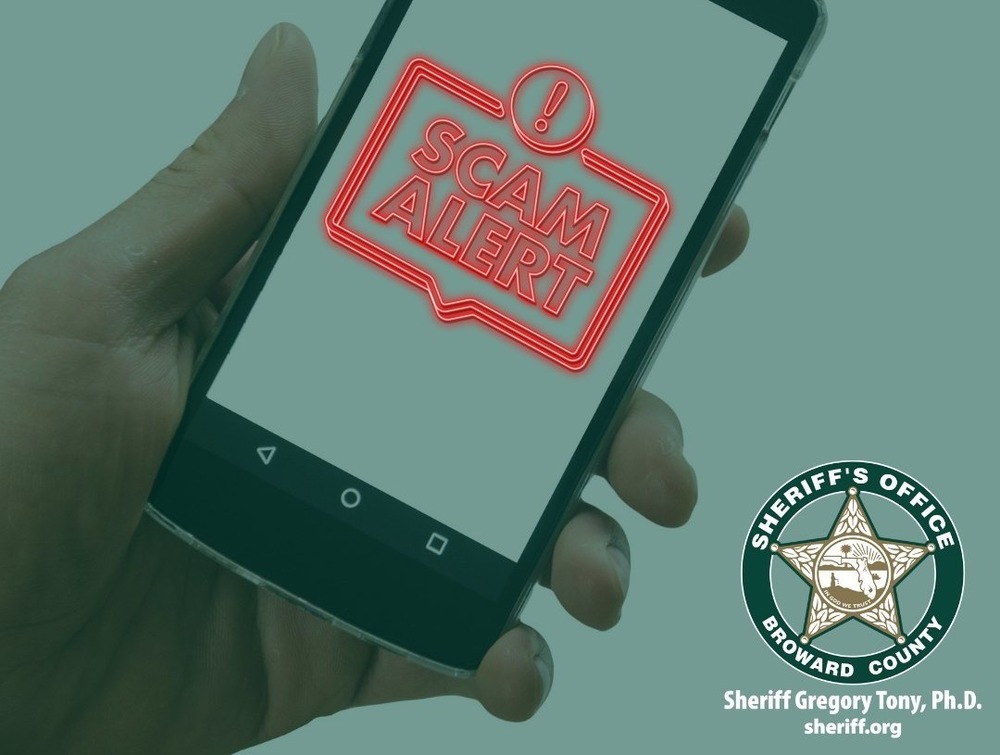During the second quarter of 2025 (April - June), Cooper City experienced stable overall crime trends since last quarter and a 30% decrease from the same period last year.
While the number of fraud cases remained relatively consistent, the methods used to commit fraud continue to evolve. In recent months, there have been noticeable increases in scams involving requests for money or the use of personal credentials.
Below you will find three actual cases that have occurred in Cooper City:
Case 1: A retail pharmacy store employee received a call from someone claiming to be from the store’s corporate office, explaining that the employee would need to test several transactions on an alleged malfunctioning register. The employee made two $2,000 transactions through Western Union. Fortunately, Western Union was suspicious of and canceled the transactions.
Case 2: After hacking an accountant’s QuickBooks account, the suspect sent fraudulent bills to the listed clients, totaling over $114,000. At the time of the report, the account had been locked, and it was unknown whether any clients sent money to the suspect.
Case 3: The victim received a call from someone posing as a BrightStar fraud representative requesting the completion of a form. The victim believed it to be a legitimate call because she had reported a recent fraud attempt to her BrightStar account. The victim completed the form, which asked for the account and personal information. With that information, the suspect was able to withdraw $1,900 from the account.
Scammers are getting smarter and more convincing. Here are some tips to avoid scams:
Never share personal or financial information (e.g., social security number, passwords, bank account details) over the phone, email, or text unless you initiated the contact and verified the recipient.
If someone claims to be from a government agency, utility company, or bank and demands payment or credentials, hang up and call the official number directly – not the number provided by the caller.
Legitimate organizations do not ask for immediate payment via gift cards, wire transfers, or cryptocurrency.
Avoid clicking links on any unexpected emails or texts. They may lead to fake websites designed to steal your information.
Enable account alerts, transaction notifications, and multi-factor authentication on your bank and email accounts to detect unauthorized access early.

